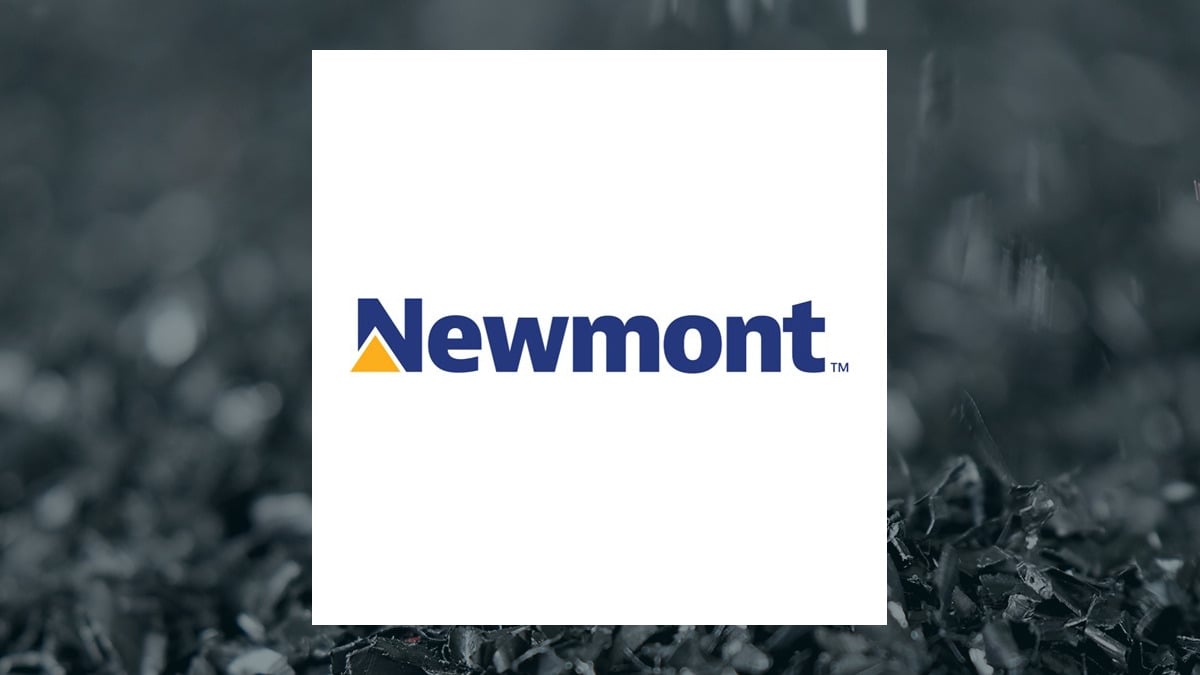Mark Zuckerberg and the board of directors of Meta Platforms Inc. have reached a $190 million settlement related to claims of privacy violations involving Facebook users. This agreement comes after allegations that the board failed to adequately address multiple breaches and that they entered into a settlement with the U.S. Federal Trade Commission (FTC) to protect Zuckerberg from personal liability. The settlement details were disclosed in a filing to the Delaware Chancery Court, which had previously sealed the amount during a halted trial in July.
The lawsuit, initiated by Meta investors, contended that the board mishandled the fallout from the Cambridge Analytica scandal. Investors argued that the board members improperly negotiated a $5 billion settlement with the FTC, claiming this deal was designed to shield Zuckerberg from financial responsibility. The shareholders sought at least $7 billion in damages, asserting that the directors overpaid in the FTC settlement to avoid a scenario where Zuckerberg would need to contribute his own funds to cover the company’s losses. The settlement, which will be financed by an insurance policy covering Meta’s directors, represents a recovery of only 3%. In response to the settlement, Meta denied any wrongdoing, emphasizing that this agreement does not constitute an admission of liability.
In a separate case, the Nevada Gaming Control Board has imposed a fine of $7.8 million on Caesars Palace for failing to adhere to anti-money laundering regulations. This decision settles a case involving an illegal bookmaker, Mathew Bowyer, who has connections to a former interpreter for baseball star Shohei Ohtani. The board alleged that Caesars Palace did not verify Bowyer’s source of funds while he gambled millions of dollars from 2017 to 2024, despite multiple warnings and an anonymous tip regarding his activities.
This fine marks the third instance of a casino being penalized in connection with Bowyer’s operations. Earlier this year, Resorts World casino received a stipulated fine of $10.5 million, the second-largest fine issued by the gaming board. The ongoing scrutiny of Caesars Palace reflects broader concerns regarding compliance with financial regulations within the gaming industry.
Both cases underline significant challenges facing corporations and institutions in managing legal compliance and protecting shareholder interests. The outcomes highlight the complexities of navigating corporate governance and regulatory frameworks in an increasingly scrutinized environment.







